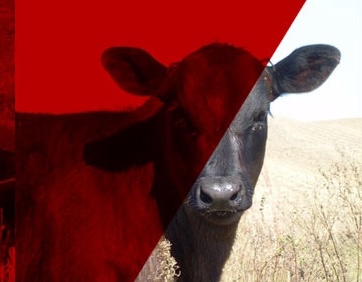Reducing methane emissions from livestock offers environmental benefits while boosting economic gains for producers. Adjusting dietary strategies can alter rumen microbial populations, improving animal performance and reducing methane emissions.
Key Dietary Strategies
Carbohydrate-Rich Diets
• Cattle fed corn or distillers grains produce less methane than those fed grass or hay.
• Propionate production in carbohydrate-rich diets acts as a hydrogen sink, diverting H2 away from methane production.
• Higher feed intake on these diets reduces methane emissions as a percentage of dietary gross energy.
Forage Processing
• Grinding or pelleting forages increases the passage rate through the digestive system.
• Faster digestion reduces methane emissions.
Fat Inclusion
• Adding fats to the diet provides a high-energy source and inhibits methane-producing microbes.
• Unsaturated fats further reduce methane by using H2 to saturate the fat (acting as hydrogen sinks).
Benefits for Producers
• Improved feed efficiency.
• Enhanced weight gain in cattle.
• Reduced environmental impact of livestock operations.
By incorporating carbohydrate-rich feeds, processing forages, and adding unsaturated fats, producers can reduce methane emissions, improve cattle performance, and increase profitability.
